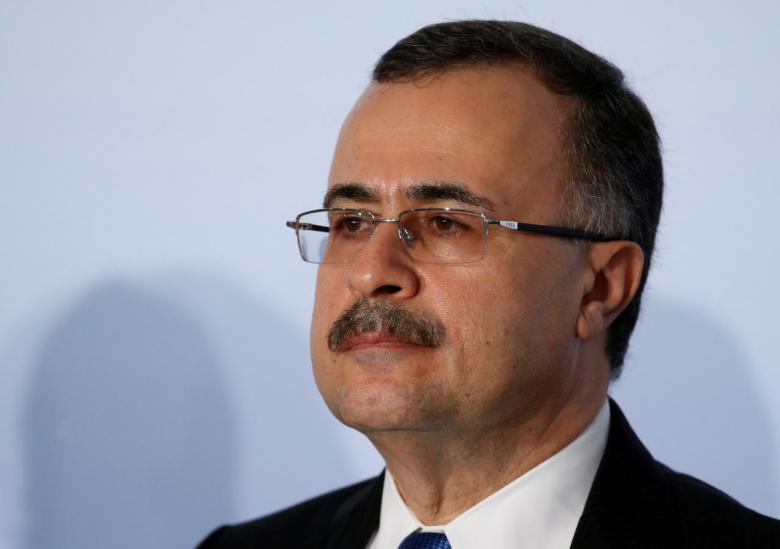Dhahran – Saudi Aramco and Indonesia’s state-owned oil company Pertamina finalized on Thursday an agreement on a $5 billion expansion of Indonesia’s largest oil refinery in Central Java.
The agreement was signed between Saudi Aramco’s President and CEO Amin Al-Nasser and Pertamina’s President Dwi Soetjipto at the company’s headquarters in Jakarta.
Nasser highlighted the important growth witnessed in Indonesia, especially with the adoption of “an ambition economic reform program”, which aims at increasing the size of investments in infrastructure and energy.
He added that the agreement signed between Saudi Aramco and Pertamina would allow the Saudi company to further meet the increasing energy needs in the fast-growing region.
For his part, Soetjipto said: “The agreement represents the two companies’ strong commitment to develop and strengthen the energy infrastructure across the Indonesian territories, in particular in refineries.”
The two companies will establish a joint venture for the project, in which Pertamina will own a 55% stake. The upgrade will increase the refinery’s capacity from 348,000 barrels per day to 400,000 barrels per day.
Saudi Aramco will supply most of the crude oil for the refinery. The company said that it has completed the design phase, adding that the main architectural designs would be ready in the first quarter of 2017. The project is scheduled to be completed in 2021.
The expansion will “help Pertamina to enhance its downstream competitiveness,” said Soetjipto. It will also increase the refinery’s capacity in derivatives such as petrochemicals.
The move follows a preliminary agreement reached last year. Indonesia, a net oil importer, is expanding its refineries to meet growing domestic demand. Saudi Arabia, meanwhile, has been seeking stable revenue amid low crude prices and competition from other oil producing countries.
